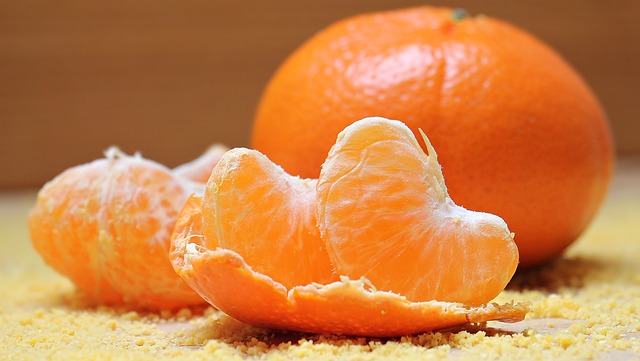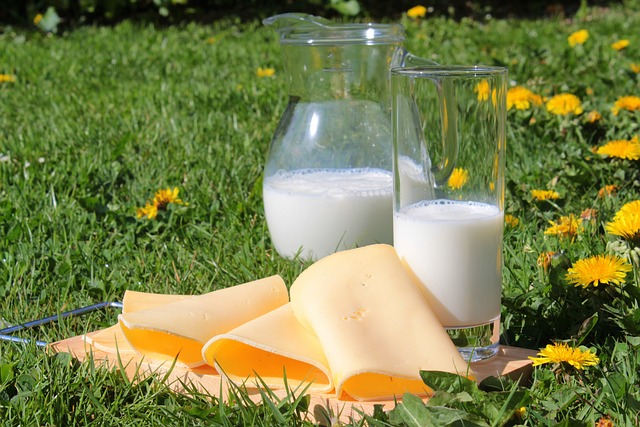Irish Moss, scientifically known as Chondrus crispus, is a type of seaweed that grows abundantly along the rocky Atlantic coasts of Ireland, Scotland, and parts of North America. This marine algae has been used for centuries in traditional medicine and culinary practices. In recent years, Irish Moss has gained popularity as a dietary supplement due to its potential health benefits. In this article, we will explore what Irish Moss is, its nutritional composition, and its various uses as a dietary supplement.
What is Irish Moss?
Irish Moss, also referred to as Carrageen Moss, is a species of red algae belonging to the Rhodophyta family. It has a unique cell structure that allows it to absorb and retain water, giving it a gelatinous texture when soaked or cooked. It contains various bioactive compounds, including carrageenans, vitamins, minerals, and antioxidants, which contribute to its potential health benefits.
Nutritional Composition of Irish Moss
Irish Moss is rich in essential nutrients and bioactive compounds, making it a nutrient-dense dietary supplement. The nutritional composition of Irish Moss may include the following:
- Carbohydrates: Irish Moss primarily consists of carbohydrates, including dietary fiber and polysaccharides like carrageenans.
- Vitamins: It contains vitamins such as vitamin A, vitamin E, vitamin K, vitamin C, and a range of B vitamins.
- Minerals: Irish Moss is a good source of minerals like calcium, magnesium, potassium, iodine, iron, zinc, and selenium.
- Antioxidants: It contains antioxidants, including flavonoids and polyphenols, which help protect cells from oxidative stress and damage.
Uses and Benefits
Irish Moss has been used for various purposes, and as a dietary supplement, it offers potential benefits, including:
- Digestive Health: Irish Moss contains soluble fiber and carrageenans, which can promote healthy digestion by supporting gut health and providing a soothing effect on the digestive tract.
- Immune System Support: The bioactive compounds in Irish Moss, including vitamins and minerals, contribute to its potential immune-boosting properties, helping to strengthen the body’s defense mechanisms.
- Nutrient Absorption: The carrageenans in Irish Moss have been found to enhance the absorption of certain nutrients in the digestive system, potentially increasing the bioavailability of essential vitamins and minerals.
- Respiratory Health: Traditionally, Irish Moss has been used to alleviate respiratory conditions such as coughs, colds, and bronchitis. Its natural mucilage content may help soothe irritated respiratory passages.
- Skin and Hair Health: The high mineral content in Irish Moss, along with its potential anti-inflammatory and antioxidant properties, may contribute to healthy skin and hair.
- Vegan and Vegetarian Diets: Irish Moss is often used as a natural thickening agent or emulsifier in vegan and vegetarian recipes, serving as a plant-based alternative to gelatin.
It’s important to note that while Irish Moss offers potential benefits, further research is needed to fully understand its mechanisms of action and confirm its efficacy in different contexts.
Irish Moss, a nutrient-dense seaweed, has gained recognition as a dietary supplement due to its potential health benefits. Packed with vitamins, minerals, fiber, and bioactive compounds, Irish Moss offers advantages for digestive health, immune support, nutrient absorption, respiratory health, and skin and hair health.
Image by Sarah Richter from Pixabay
Vitamins and Minerals
-

Vitamin E: An Essential Antioxidant for Health and Wellness
Vitamin E is a powerful antioxidant that plays a crucial role in maintaining good health and well-being. It is a fat-soluble vitamin that exists in various forms, with alpha-tocopherol being the most biologically active form in the human body. As an antioxidant, vitamin E helps protect cells from oxidative damage caused by free radicals, which…
-

Vitamin C Promotes Bone and Muscle Health and How To Get Enough in Your Diet
-

Vitamin B12 – Sources for Vegans and Vegetarians
-

The Benefits of CoQ10 (Coenzyme Q10) for Heart Health
-

Have You Heard of Niacin and Why You Need It
-

Do I need folic acid? I am not pregnant
-

Why Too Much Calcium is Not Good For You









Leave a Reply